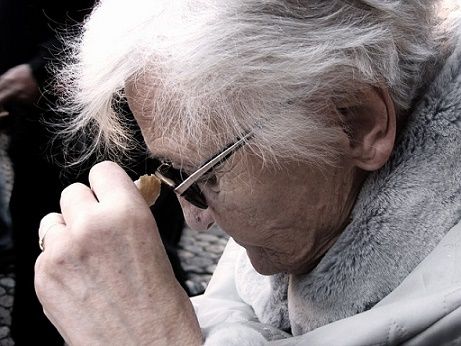A new report from the Danish Alzheimer’s society, Alzheimerforeningen, has collected data from 1,600 family members of dementia sufferers.
The findings reveal that 73 percent of these family members have experienced negative impacts on their own health as a consequence of being related to someone with the disease, reports DR Nyheder.
The symptoms reported are especially a lack of sleep, but can also include stress, depression and insecurity.
READ ALSO: Government secures new dementia strategy
Many relatives are still in full-time employment or have young children at the same time as trying to cope with a relative with dementia.
The strain of being on call
They may often have to be on standby to provide practical help during the day. On top of that, they also have to come to terms with the fact the person they knew and loved is gradually slipping away.
“It’s a full-time job being a relative [to someone with dementia]. A lot of people are on call 24/7,” said Karen Tannebæk, the head of training at the Danish dementia research centre.
“We often hear of relatives who are called up to 15 times during a 24-hour period, spouses who are woken up many times during the night, or people who just have to stay home to ensure that everyday life runs smoothly.”
The consequence can be that the relatives cut themselves off from activities that could be beneficial to them and end up having a breakdown themselves.
“If you are a spouse and begin to have symptoms of stress or depression, then you can’t be there for the other person any longer,” said Tannebæk.
More support needed
The head of the Alzheimer’s society, Nis Peter Nissen, would like to see more support for relatives in the form of a specific contact person at the municipality who would see what their precise needs are.
“The way in which individual families are affected by someone with dementia is very different; it is important to know each family and the challenges they face,” he added.
There may be hope in sight because Danish politicians earmarked 470 million kroner in 2016 for a dementia action plan. This was to be used over the next eight years on a number of initiatives that include more support for relatives.















